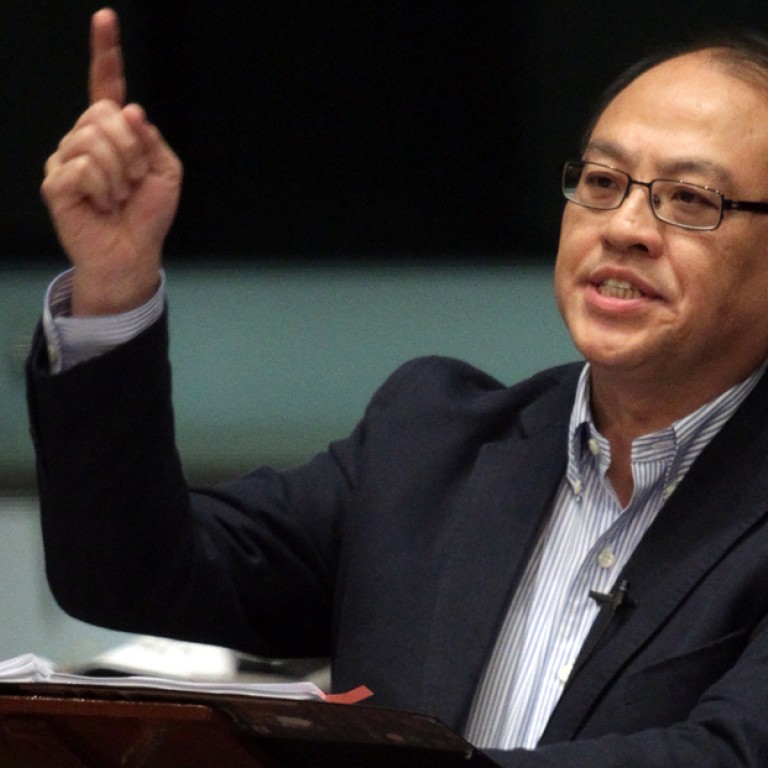
Hong Kong firms, mainland police 'in cahoots'
Unions accuse local firms of mixing politics with business and colluding with authorities across the border to quell worker disputes
Mainland police shield and side with Hong Kong companies in labour disputes, sometimes resorting to violence to quell strikes, a grouping of unions says.
In 12 of 15 known walkouts, the Hong Kong-funded or Hong Kong-registered public companies - some with political connections - called in police to resolve the stalemate, the Confederation of Trade Unions said.
"We suspect collusion and corrupt relations between Hong Kong enterprises and mainland police," CTU chief executive Mung Siu-tat said. "There is also the danger of politics and business mixing."
An industrial-sector lawmaker said the allegations were unfounded and unfair.
In its report, released yesterday, CTU said six of the companies were members of one or more of Hong Kong's four biggest chambers of commerce. These included tycoon Li Ka-shing's Hutchison Port, which dealt with two stevedore strikes at its docks over alleged low pay.
Another conflict involved a Dongguan toy factory whose chairman is former lawmaker and Liberal Party member Kenneth Ting Wu-shou.
It was not known whether police were involved in three of the cases CTU identified because of insufficient information, it said
Lawmaker Lam Tai-fai said: "I don't believe Hong Kong enterprises are colluding with mainland police … Most Hong Kong enterprises follow the law - it's unfair to generalise from a few isolated cases."
Lam said disagreements were "part of a normal process" of working out grey areas as labour laws underwent changes.
The report indicated that in 90 per cent of the cases, workers alleged their bosses had infringed mainland labour laws - mainly in late wages, failure to pay the mandatory employee retirement fund, and factory relocations without paying appropriate fees.
At the Dongguan toy factory, owned by publicly listed Kader, more than 1,000 workers went on strike when the company announced the factory was to be moved without paying dismissal fees. Police were called in and workers were forced to sign agreements.
"Apart from Kader, there are more cases in which these Hong Kong enterprises with mainland businesses have political connections, with which they try to limit labour rights," Mung said.
Kader declined to comment, while Ting could not be reached.
